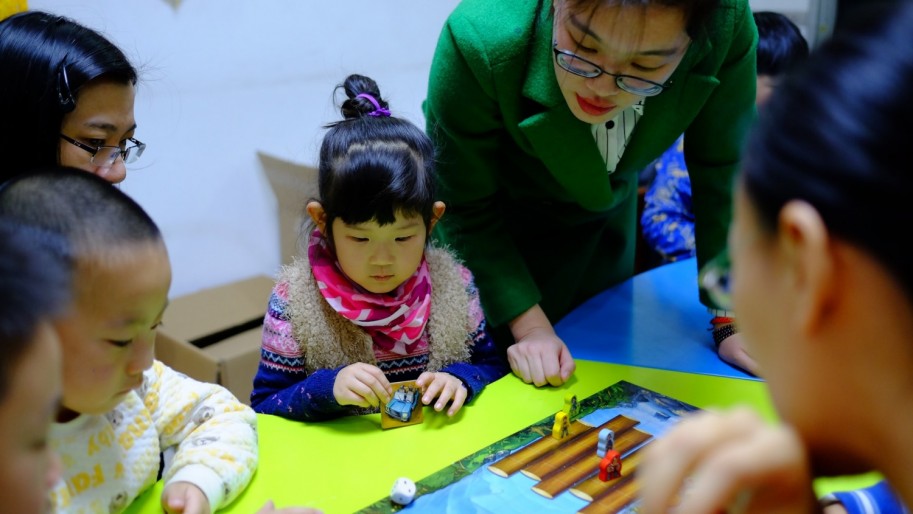
Early childhood educators are caretakers and teachers dedicated to the littlest students. Many early childhood education specialists work with students as young as infants, though most are dedicated to slightly more mobile and attentive students aged in the toddler years and above. The role of the early childhood educator is to plan and initiate activities that improve the development of children, helping kids gain intellectual, emotional and physical skills.
Early childhood education is a fascinating field, which is why enrollment rates for bachelor's degrees in early childhood education are beginning to increase. If you are interested in pursuing education in this exciting field, you might be interested in learning the following facts demonstrating the importance of early childhood educators.
Early Education Can Determine a Child's Future
Some of the oldest research on early childhood education has remained among the most interesting - and one of the most compelling for parents and educators alike. In 1962, a study began following two groups of children, aged between 3 and 4 years old. One group entered a preschool program, and the other did not, opting to start education with elementary school years later. The study continued to check in on the children - and eventually, the adults - through the decades, charting their progress. In 2005, when most of the participants were aged 40 or above, the study found that the adults who had participated in early childhood education were more likely to have graduated from high school, developed a stable career and earned more significant pay than the adults who did not attend preschool. Early childhood education is an important step in building a foundation of smart decisions that can lead to success throughout a child's life.
Early Education Can Lead to More Effective Socialization
Humans are social creatures who require positive and diverse social interaction from birth to develop strong mental and physical health. Ample research has uncovered the detriments of insufficient socialization during early childhood, which can include an inability to empathize, a lack of self-control or the development of aggressive or other problematic behaviors. After about 24 months, toddlers become incredibly aware of the people around them and begin to desire direct engagement with fellow children - and early education can provide the perfect environment for this type of socialization. By spending more time around a large number of children of various ages and backgrounds, kids can gain access to the social stimulation they need to regulate their emotions and behaviors across situations.
Young Children Learn Best Through Play
Parents have responsibilities at work and in the home, and as fun and exciting as it might be to play with their little ones, few can spare the time and energy to play with their young children for hours on end. However, play is how young children learn. Through play, toddlers and children experiment with different concepts in a safe, relatively risk-free way. They learn natural laws like gravity; they learn their social and physical boundaries; they learn how older children and adults operate in their daily lives. Hus, children need a reliable environment where they can engage in diverse types of play - and early childhood education fills that need perfectly. Early childhood educators are trained to organize and guide play in beneficial ways to provide lessons children need for lifelong success.
Children Must Gain Enthusiasm for Learning While Young
Finally, research has found that when students enjoy greater academic and career success when they have an intrinsic motivation for learning - meaning that they pursue learning as a means of fulfilling their own desires and passions, not for any external reward like grades or allowance. However, to develop that intrinsic motivation for learning, children must be encouraged to pursue their natural inclination toward inquiry from a young age. Toddlers and young kids are innately curious, and they should be provided with an environment where their need for information and experiences can be satisfied. Preschools and other early childhood education centers can encourage a mindset keen on learning and skill development, which could keep children eager to learn for the rest of their lives.
There is still much we do not understand about child development, but the more information we gain, the more important early childhood education seems to become. Parents and early childhood educators should partner together to improve the lives of young children, now and into the future.
© 2017 Jobs & Hire All rights reserved. Do not reproduce without permission.
* This is a contributed article and this content does not necessarily represent the views of jobsnhire.com




